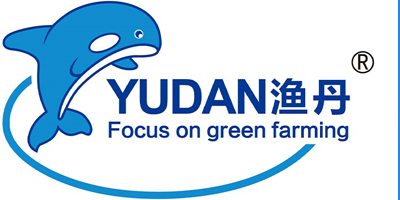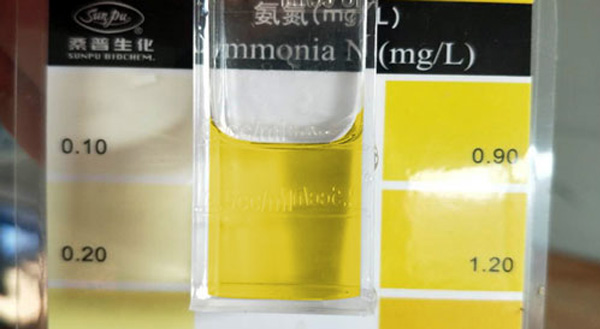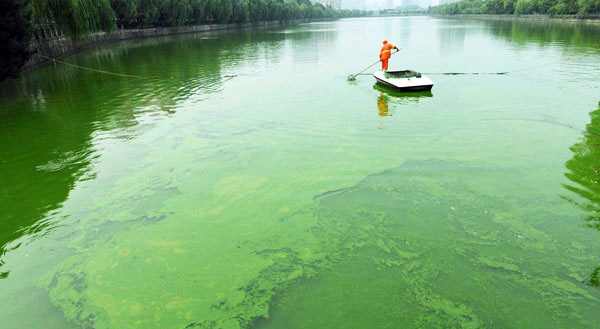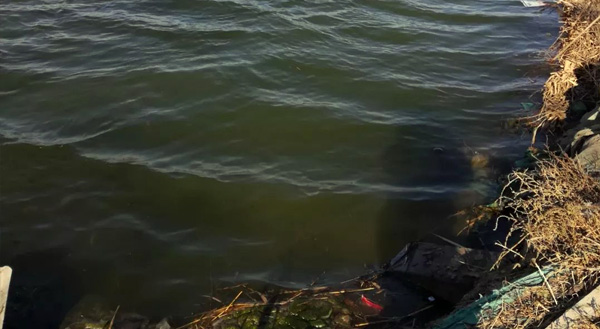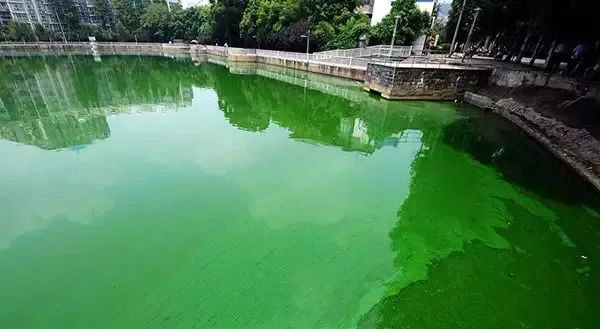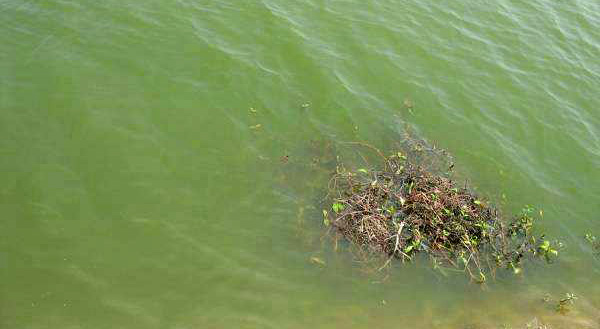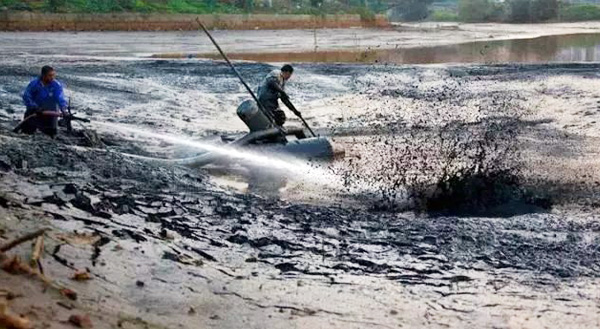专业服务 有求必应
Ammonia nitrogen in ponds
The main causes of excessive ammonia nitrogen in fish ponds include water source pollution, bottom soil pollution, fertilizer pollution, decomposition of leftover bait, unreasonable feeding, bottom soil deterioration, sudden weather changes, and external pollution.
Pond algae control
The “green tide” caused by blue algae in fish, shrimp and crab breeding ponds can seriously disrupt the nutrient balance of the water body, cause water quality to deteriorate, deplete oxygen in the water, and cause frequent gastrointestinal diseases in aquatic animals, leading to death.
Fish pond water turns black
The blackening of fish pond water may be due to the following reasons: 1. Accumulation of organic matter: The accumulation of organic matter such as feed residues, fish feces, and dead plants and animals can cause the water to turn black.
Pond water turns green
Eutrophication is one of the common causes of green water in fish ponds, which is usually manifested as green water, thick water, excessive algae, low pond water transparency, etc. To solve the problem of green water, the combination of multiple aquatic bacteria species is more effective.
Fishpond water is turbid
Sudden weather changes, too many wild fish in the crab pond, and insufficient feeding may all cause pond water to become turbid, usually appearing as muddy water. To address the problem of turbid fish pond water, a variety of aquatic bacteria species can be used in a reasonable combination,
Pond bottom overturning
Pond bottoming is a common aquaculture problem, mainly due to excessive accumulation of organic matter at the bottom of the pond, which leads to deterioration of water quality. The following are ways to deal with pond bottoming: 1. Improve the bottom environment,
